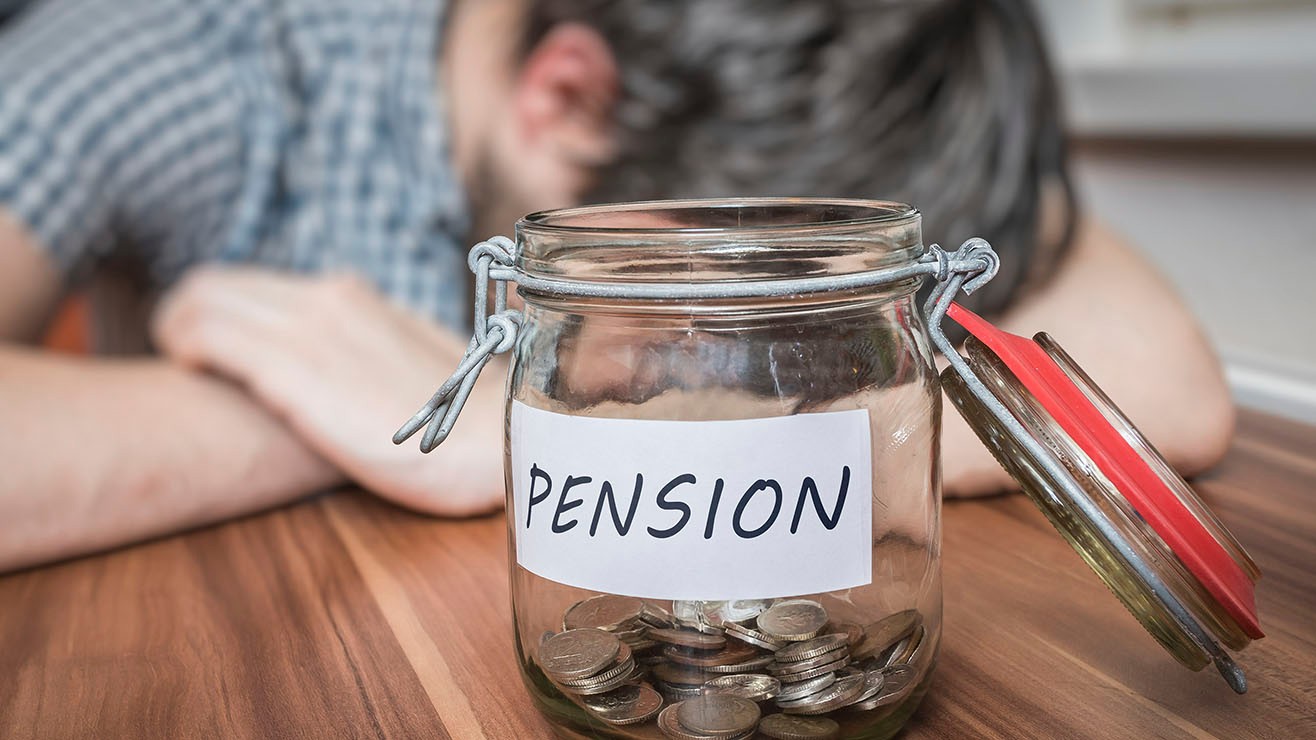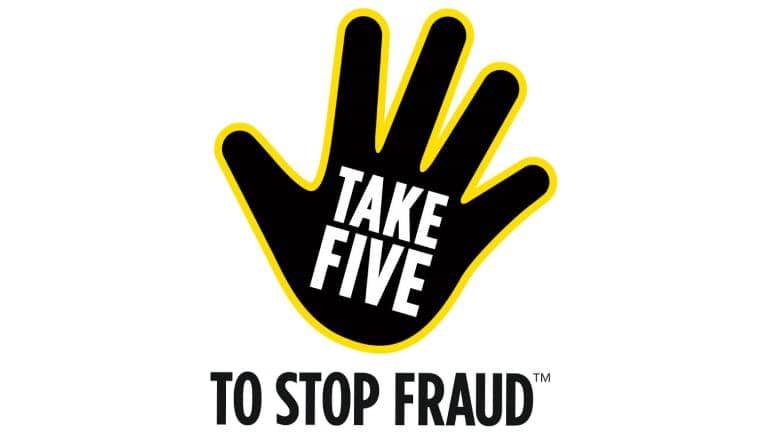
Doorstep scams
Someone comes to your door and offers a service you haven’t asked for. They overcharge you, or never complete the work
How it can happen to you
- Someone knocks on your door and convinces you work needs to be done on your house – they might even start the work
- They ask you to start paying, and ask for more and more money – they charge far more than they quoted
- Alternatively, they ask you to pay in advance for materials, but never return to do the work
How to protect yourself
- If you’re paying a trader, do your research. Read reviews about them online, and talk to someone you trust before handing over any money
- Don’t believe anyone who unexpectedly tells you work needs to be done on your house. Talk to a friend or family member, or ask a trader you know is trustworthy
- Don’t be pressured into buying something from a doorstep salesperson. If you feel uncomfortable, close the door
What does it look like?
We've written a story that shows what a doorstep scam might look like. It describes common tactics we know scammers use, based on insights from our fraud and scams team.
Types of scams to watch out for
These are among the most common tricks currently used by scammers but they constantly come up with new ways to contact you, so be vigilant.

Impersonation scams
When someone pretends to be the police, a bank, a friend or business, to convince you to send them money.

Investment scams
When you’re invited to invest in things that are worthless, or don’t exist.

Purchase scams
When fake or non-existent items are advertised for sale.

Advance fee scams
When fake companies ask for an upfront fee and then don’t provide the service you’ve paid for.

Invoice scams
When account details on an invoice are changed, or emails are intercepted, so the money is wrongly paid into the scammer’s account.

Romance scams
When someone pretends to be interested in a romantic relationship with you. They gain your trust and then ask for money.

Pension scams
A scammer says they can make you money, and convinces you take a lump sum out of your pension – then steals it.

Doorstep scams
A rogue trader knocks on your door and pretends your house needs work – then overcharges you for it and often doesn't finish the job.

Bereavement scams
A scammer contacts you after someone has died, and says you owe money to pay off a debt or access a payout.

Phishing, smishing, and vishing
You receive an email, text message, or call claiming to be from a well-known company or organisation such as a bank or the police.
You may also like…

Protect yourself from fraud
Learn about the different types of fraud
More and more people are being targeted by fraudsters, so it’s important to be alert. Knowing about the different types of fraud can help you protect yourself and your money.

Think you’ve been a victim?
How to report fraud or a scam
Find out what to do if you’re worried about a card payment, how to report fraud and scams and what happens after you tell us, plus get tips on how to help protect yourself.

Take Five to stop fraud
National awareness campaign
Take Five is led by UK Finance and backed by the Government and other organisations. If you receive a phone call, text or email you think might be fake, it urges you to stop – take five – and challenge what you’re told.

Make money work for you
Explore the ways we can help you start a new relationship with money, whatever your age.